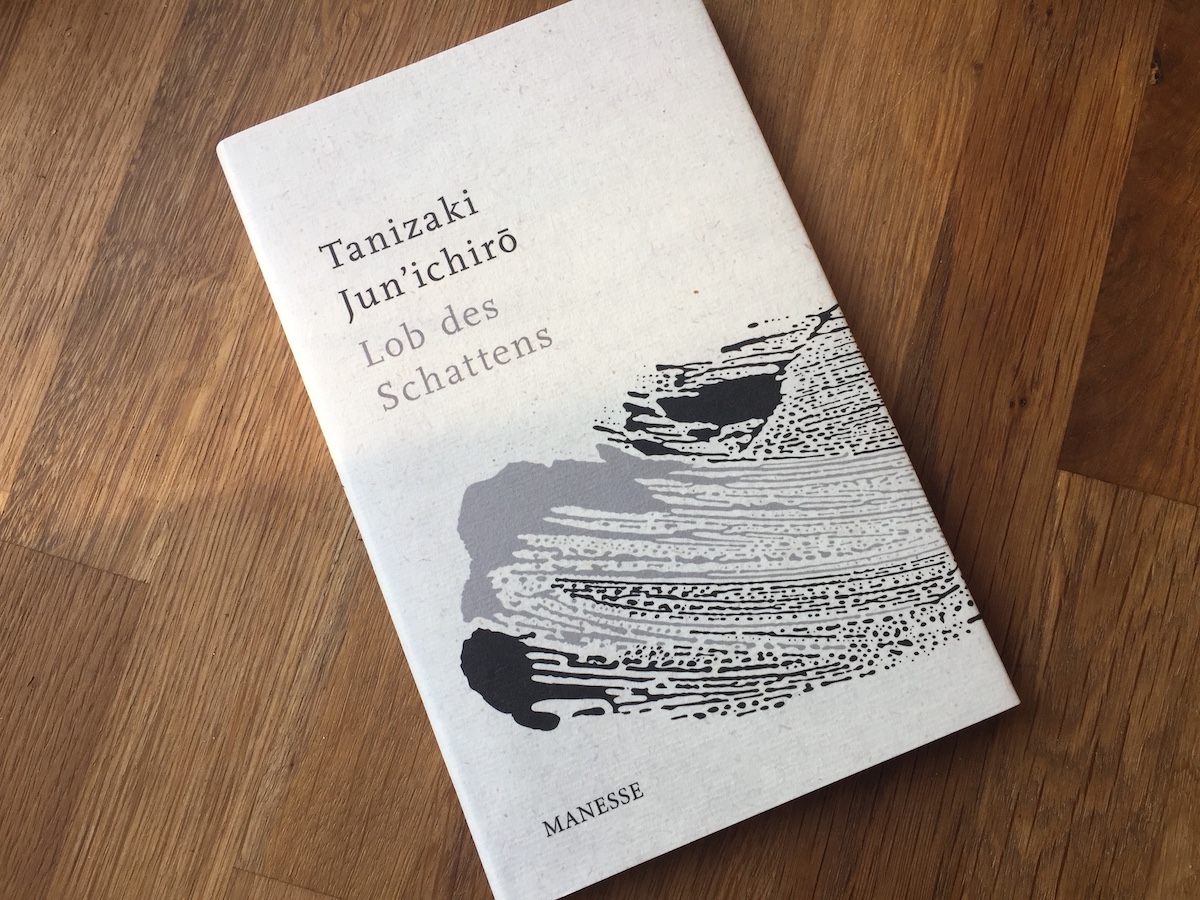In Praise of
"In Praise of Shadows" by Tanizaki Junichiro

A friend of mine recently gave me the short book "In Praise of Shadows" by Tanizaki Junichiro and told
me, I would like it. I liked it a lot.
The book was written 1933 in a time when apparently Japan was in the middle of the process of
westernization.
Tanizaki is arguing against the new and overuse of electrical light and the full illumination of rooms,
that is contradicting to the aesthetics of Japanese architecture, that is being based on the play of
light and darkness, therefore the play of the shadows.
Tanizaki describes how the materials and colors in Japanese houses are chosen in harmony with the shades
and how even the colors of food stand in relation to these aesthetics.
„Certainly your appetite is reduced by half when eating Japanese dishes in a bright room from white
dinnerware.“
The idea of beauty as a bright light and full illumination clashes with an idea of beauty that is in
love with a richness of facets. If there is only light or dark, what you get is sterility. The shadow
allows us to put things into the lighting conditions they need to unfold their inherent beauty.
The overuse of light is not different from eating too much or other ailments of our civilization. Same
as food, water or warmth we crave light. But similar to air-pollution and noise-pollution we now have
light-pollution. Too much light is a problem.
Industrialization is in love with light and it’s gift of being able to work every hour of the day. And
fooled by it the electrical light made us abandon natures rhythm and let us become a machine
ourselves.
Electrical light is a relative of many things we’ve put in our houses these days, to make our life more
pleasurable and efficient. Heating, air conditioning, power plugs as well as smooth surfaces and
perpendicularity. We fell in with love the homogenous, Tanizaki’s shadows praise heterogeneity.
A recommended read.
Joseph Bartz
22.04.2016